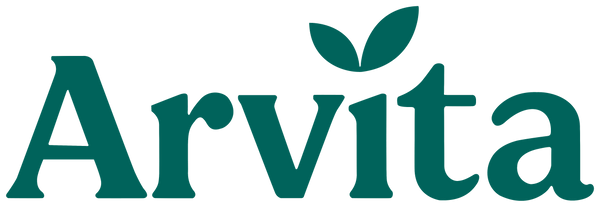Protein Deficiency in India: Causes, Impact & Everyday Solutions
Share
India’s Silent Nutrition Crisis: The Story of Protein Deficiency
When we talk about health in India, conversations often revolve around calories, carbs, or vitamins. But there’s one nutrient quietly missing from most Indian diets—protein. Despite being one of the world’s fastest-growing economies, India continues to face a deep-rooted problem: widespread protein deficiency.
How Big is the Problem?
-
Studies show that 70–80% of Indians do not meet their daily protein requirement.
-
Average Indian diets derive just 6–10% of calories from protein, compared to the global recommendation of 15–20%.
-
National Nutrition Monitoring Bureau reports indicate that one in two Indians is protein deficient.
This isn’t just a statistic—it’s a crisis impacting energy levels, immunity, child development, and even long-term productivity.
Why is India Protein Deficient?
1. Cultural Food Habits
India is predominantly a vegetarian country, and while plant-based diets can be protein-rich, they often lack diversity. Staples like rice, wheat, and potatoes dominate meals, crowding out protein-rich foods.
2. Protein ≠ Priority
When people think about nutrition, the focus is usually on carbs (roti, rice) and fat (oil, ghee). Protein is either misunderstood as “bodybuilder food” or ignored altogether.
3. Cost Barrier
Protein-rich sources like pulses, dairy, eggs, and meat are often more expensive than carb-heavy staples, making them less accessible to many households.
4. Awareness Gap
Surveys show that almost 70% of Indians don’t know how much protein they need daily. The average adult requires about 0.8–1g of protein per kg of body weight, but most fall short without even realizing it.
Why Protein Matters
Protein is not just about muscle. It plays a role in nearly every function of the human body:
-
Growth & Repair: Essential for building tissues, muscles, and cells.
-
Immunity: Helps in producing antibodies and fighting infections.
-
Energy & Satiety: Keeps you fuller for longer, reducing unnecessary snacking.
-
Cognitive Health: Supports neurotransmitters for brain function.
A deficiency doesn’t just mean weaker muscles—it can manifest as fatigue, hair fall, poor immunity, slow wound healing, or stunted growth in children.
The Everyday Solution
The answer isn’t extreme diets or expensive supplements—it’s about adding more protein to the foods we already eat daily.
That’s where Arvita comes in.
At Arvita, we’ve reimagined everyday staples starting with High Protein Atta—crafted from whole wheat and ancient grains, designed to give your family soft, fluffy rotis with up to 2.5x the protein compared to regular atta.
Because the easiest way to close India’s protein gap is to start with what we eat every single day.
The Way Forward
India’s future depends on its people—and their nutrition. If protein continues to be ignored, the long-term impact could mean lower productivity, higher disease burden, and slower development.
The good news? Change doesn’t require drastic steps. By reimagining our daily staples and making protein a household priority, India can close the nutrition gap.
Protein isn’t a luxury. It’s a necessity. And with Arvita, India gets stronger with every roti.
